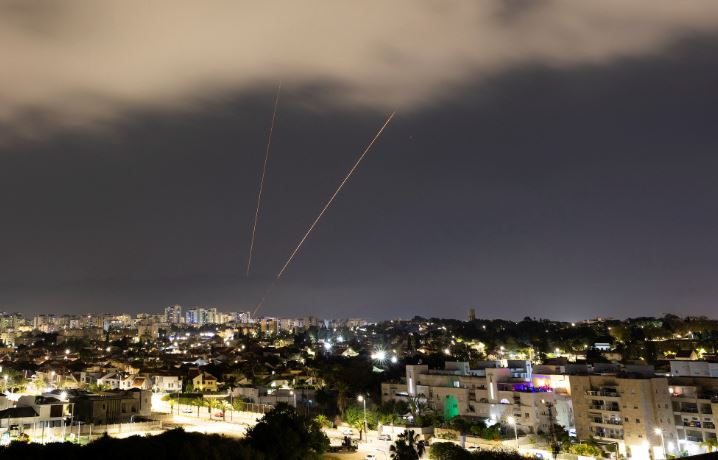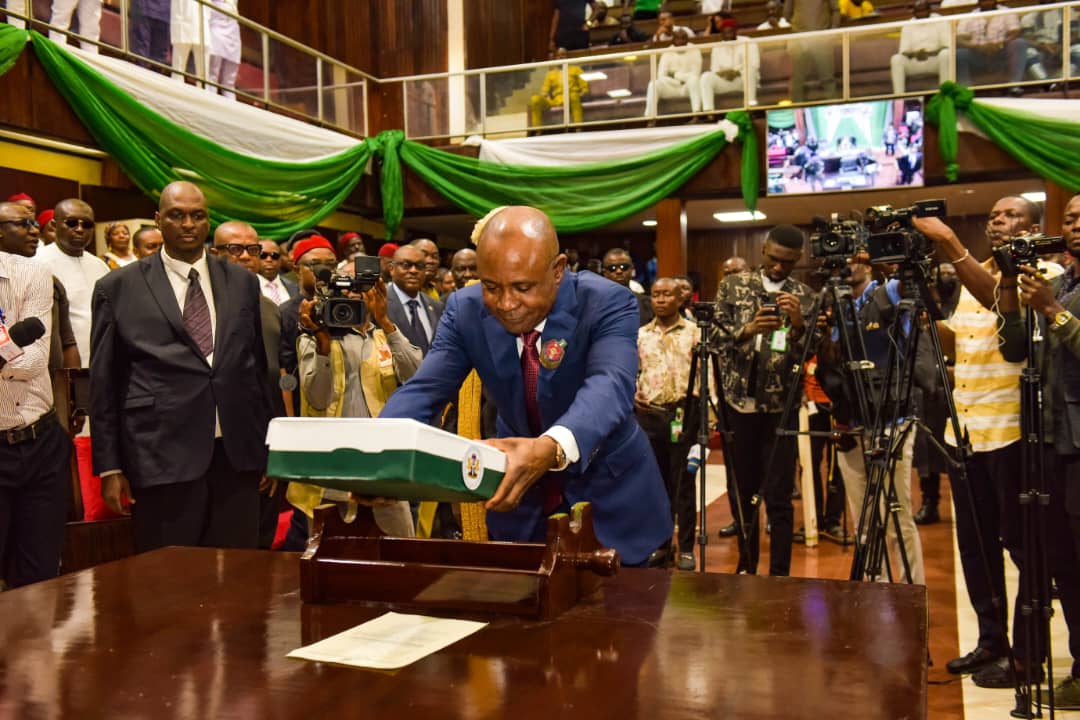Iranian threats loom large in the aftermath of an unprecedented assault on Israel overnight. In response to a suspected Israeli strike on an Iranian diplomatic complex in Syria, Iran launched a large-scale drone and missile attack on Israel from its soil, marking a dangerous escalation in the Middle East conflict.
Key developments following the attack:
Projectile Intercept:
Over 300 projectiles, including approximately 170 drones and 120 ballistic missiles, were launched towards Israel during the extensive aerial assault. Israel’s military reported intercepting “99%” of these projectiles with its aerial defense systems and those of its allies. Rear Admiral Daniel Hagari, spokesperson for the Israeli Defense Forces (IDF), stated that only a “small number” of ballistic missiles managed to breach Israeli airspace.
Biden-Netanyahu Call:
US President Joe Biden conveyed to Israeli Prime Minister Benjamin Netanyahu via phone that the US would not engage in offensive actions against Iran. However, Biden reaffirmed the US’s unwavering commitment to Israel’s security against Iranian threats.
US Consultation with Allies:
Secretary of State Antony Blinken announced plans to consult with regional and global allies following Iran’s attack on Israel. Blinken condemned Iran’s actions and reiterated US support for Israel’s defense.
Iranian Warnings:
Leaders of Iran’s Islamic Revolutionary Guard Corps (IRGC) and Armed Forces issued stern warnings in response to the attack. They emphasized a new approach, asserting that Iran would retaliate directly to any future Israeli aggression against its interests, assets, or citizens. Iran’s Chief of Staff, Sardar Bagheri, conveyed a message to the US through the Swiss embassy, cautioning against collaboration with Israel and threatening the security of US bases.
International Concern:
Foreign leaders worldwide expressed concern over the escalation and called for restraint to prevent further deterioration. Saudi Arabia stressed the importance of de-escalation, while Qatar voiced profound concern. Latin American nations and China also condemned the attack, with Australia labeling it reckless and a significant threat to regional stability.
The situation remains fluid as Israel and its allies weigh their response amidst heightened tensions in the region.





